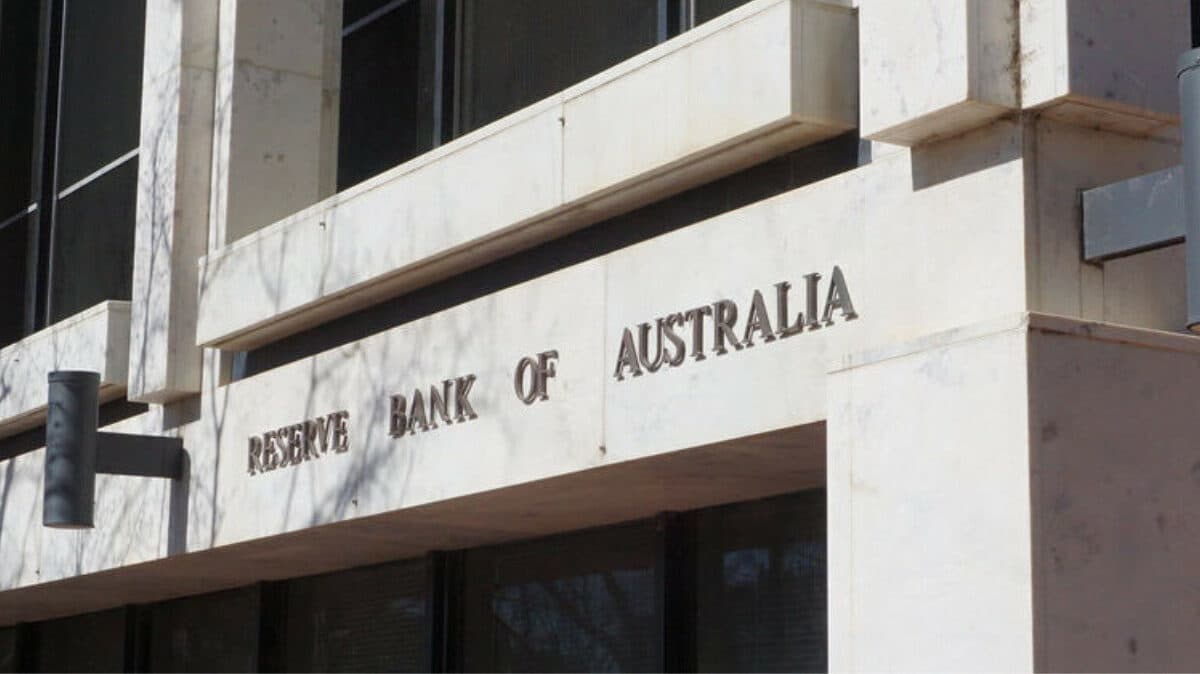According to recent advice from Treasury to the Federal Government, strong wages growth is set to become the primary driver of inflation in Australia. This projection comes as the economy experiences a gradual reduction in supply shocks.
The briefing, which was released to Treasurer Jim Chalmers in April under Freedom of Information, highlights the resistance from employers to match wage increases with rising prices.
Despite a surge in the number of workers, the briefing suggests that this factor did not significantly contribute to the inflationary trend. Instead, the Treasury emphasises that wages growth will take center stage as the main catalyst for inflation once the “inflation dynamics normalize” and supply shocks dissipate.
This advice underscores the importance of wage dynamics in shaping the future inflation landscape. As the economy recovers and supply chains stabilize, the focus on wage increases becomes critical for sustaining inflation levels in line with the broader economic growth trajectory.
As Australia navigates the post-pandemic economic landscape, the Treasury’s advice highlights the need for proactive measures to address wages growth and its impact on inflation. This will require a comprehensive understanding of the evolving labour market dynamics and ongoing collaboration between employers, policymakers, and workers to ensure wage increases are in line with the broader economic environment. One significant development is the upcoming increase in the minimum wage by 8.6 per cent starting July 1. Additionally, workers covered by awards will see a 5.75 per cent increase, according to a decision by the Fair Work Commission.
Meanwhile, Chalmers maintains that these wage increases will not exacerbate Australia’s inflation problem. He argues that the impact on inflation will be minimal, as the minimum wage increase only affects a small portion of the workforce, and the award wage increase is below the inflation rate.
Inflation rises to 7 per cent
The Consumer Price Index (CPI) for the twelve months leading up to the March quarter has increased to 7 per cent, indicating that interest rate rises are affecting households and dampening consumer demand. Although slightly higher than the 6.9 per cent predicted by analysts, the figure is lower than the 30-year high of 7.8 per cent recorded in the December quarter. Prices rose by 1.4 per cent in the March quarter alone.
The Australian Bureau of Statistics (ABS) also released the monthly CPI figure for March, which showed a decrease to 6.3 per cent, down from the annual increases of 6.8 per cent in February and 7.4 per cent in January.
The quarterly inflation figure is considered more comprehensive, providing a fuller picture of inflationary pressures in the Australian economy compared to the monthly update.
In defense of the Reserve Bank of Australia’s (RBA) series of interest rate hikes, RBA’s Lowe emphasised the genuine threat that unchecked inflation poses to the Australian economy. Lowe appeared before Senate estimates and was questioned about the Board’s decision to raise rates from 0.1 per cent to 3.35 per cent within a 10-month period.
Earlier in 2022, Lowe had stated that rates were unlikely to rise before 2024, leading many individuals to take out substantial mortgages based on the RBA’s projections. However, Lowe now highlights the importance of addressing inflation to safeguard the economy from potential risks.
According to the International Monetary Fund’s recent report on the global economy, it is expected that global headline inflation will not return to target levels before 2025 in most cases.
These developments highlight the impact of rising inflation and interest rates on Australian households and the need for careful management to maintain economic stability. The RBA’s decision to raise rates underscores their commitment to managing inflationary pressures and ensuring the long-term health of the Australian economy.
Keep up to date with our stories on LinkedIn, Twitter, Facebook and Instagram.

